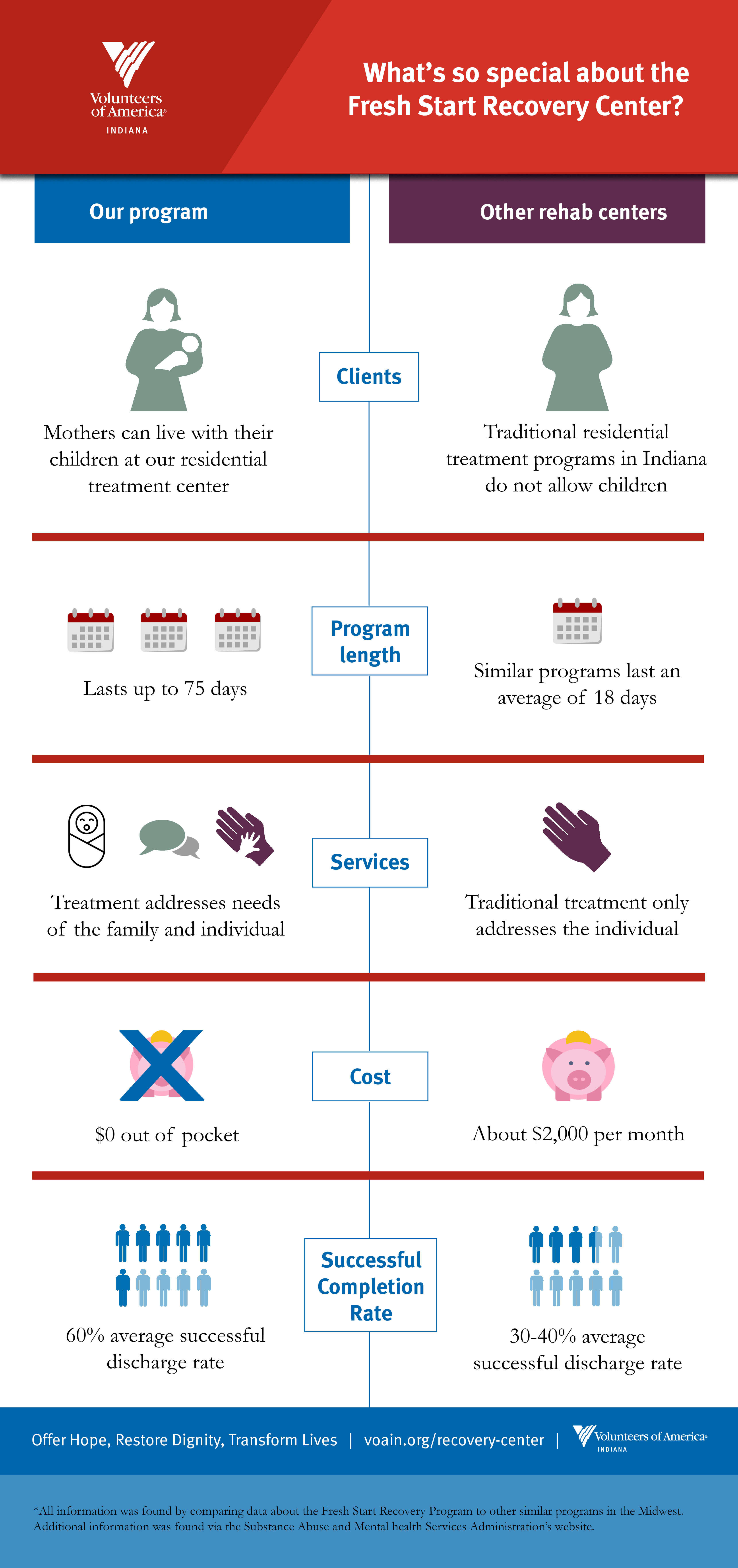Discover The Importance Of Post-Treatment Treatment In Substance Misuse Rehabilitation For Sustained Healing. Check Out Just How Supportive Networks Can Aid In Keeping Soberness And Creating A Significant Existence
Discover The Importance Of Post-Treatment Treatment In Substance Misuse Rehabilitation For Sustained Healing. Check Out Just How Supportive Networks Can Aid In Keeping Soberness And Creating A Significant Existence
Blog Article
Personnel Writer-Ennis Eriksen
You can't do it alone. Healing from Read the Full Piece of writing requires a solid support group.
The relevance of aftercare in drug rehab can not be overemphasized. In this article, we will explore the function of therapy, the advantages of therapy, and the foundation offered by peer support groups in keeping soberness.
So, get a cup of coffee, unwind, and allow us direct you with the crucial steps of post-rehabilitation support.
The Role of Therapy in Aftercare
If you want to keep your sobriety after leaving rehabilitation, it's critical that you proceed participating in counseling sessions as part of your aftercare plan.
Therapy plays an essential role in your recovery journey by offering recurring support, support, and a risk-free area to share your sensations and problems.
With therapy, you can address any type of underlying problems that may have added to your addiction, develop coping strategies, and find out much healthier methods to handle tension and cravings.
It permits you to overcome any unsettled emotions and establish a much better understanding of yourself and your triggers.
The Advantages of Therapy in Preserving Sobriety
To keep your sobriety, treatment can offer countless benefits.
- Therapy provides a safe area for you to check out and address the underlying problems that may have contributed to your dependency.
- It allows you to work through your emotions and create healthier means of dealing with anxiety and sets off.
- Through therapy, you can acquire a much better understanding of on your own and your patterns of habits, which can help you make positive modifications in your life.
- In addition, therapy gives you with a support group of specialists that are trained to direct and help you on your journey to healing.
- They can use useful insights, devices, and methods to help you navigate the difficulties that might emerge.
- In therapy, you can discover to develop healthy and balanced coping skills, develop durability, and boost your overall well-being.
Peer Support Groups: A Structure for Lasting Healing
You can discover lasting recovery by proactively participating in peer support system and connecting with others who share comparable experiences and objectives.
Peer support system offer a secure and non-judgmental room where people in healing can integrate to share their battles, successes, and insights. By actively taking part in these groups, you can obtain the assistance and motivation you need to stay on the course of recovery.
Connecting with others that've experienced comparable experiences can be incredibly empowering, as it aids you recognize that you aren't alone in your journey. It additionally allows you to learn from others that've efficiently conquered similar difficulties. Together, you can celebrate milestones, hold each other accountable, and deal assistance and recommendations.
With https://pastelink.net/i1ptr0ee , you can construct a strong support system that will certainly aid you navigate the ups and downs of recuperation and inevitably discover long lasting healing and makeover.
Verdict
You have actually discovered the critical duty of aftercare in drug rehabilitation. Counseling, treatment, and peer support groups add to lasting recuperation. Here's an astonishing figure to understand the magnitude of the problem: studies reveal that people that get aftercare treatment are 50% more likely to maintain sobriety compared to those that do not.
So, envision the transformative power of these support systems in helping individuals recover their lives and develop a brighter, drug-free future.
